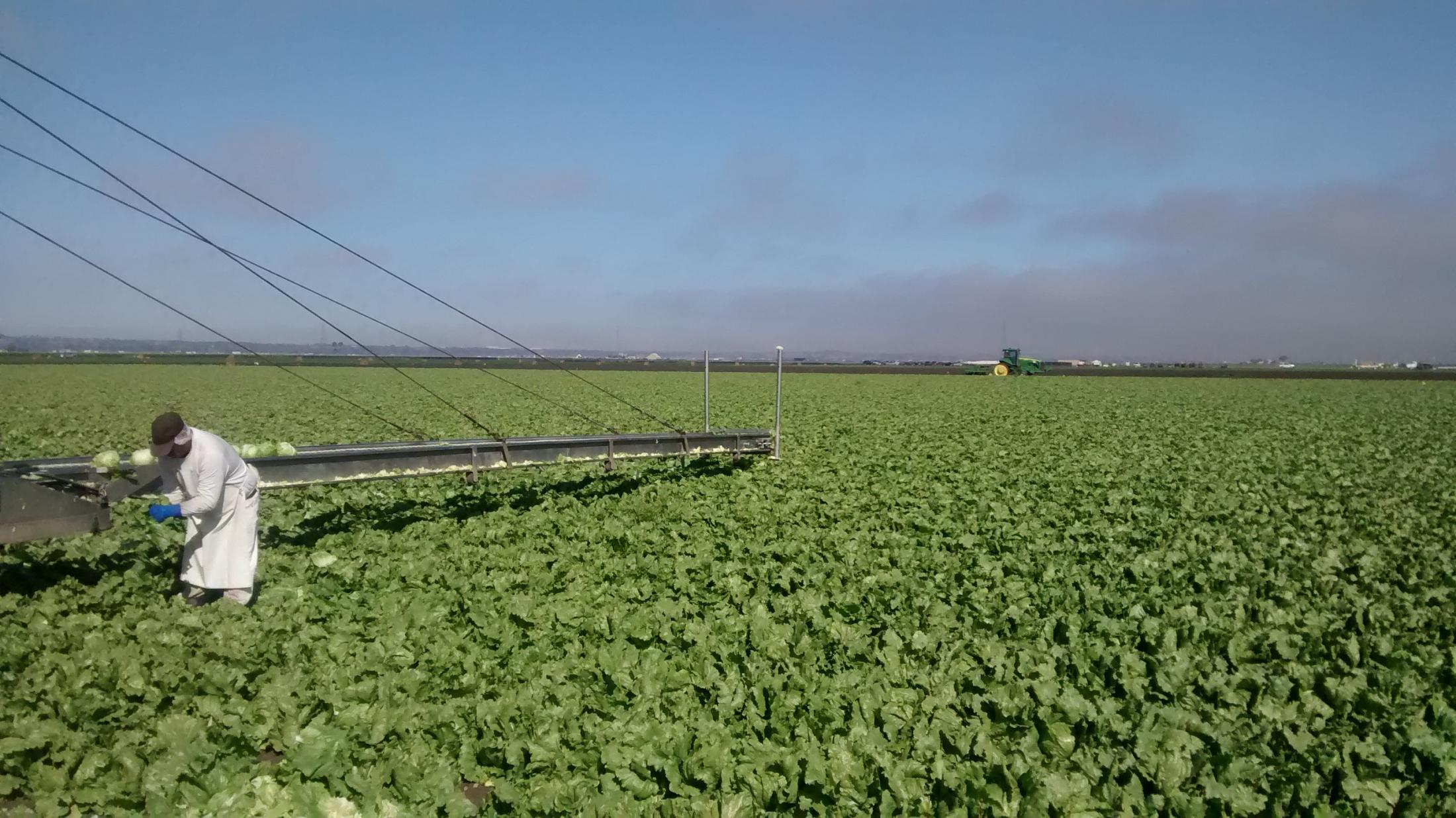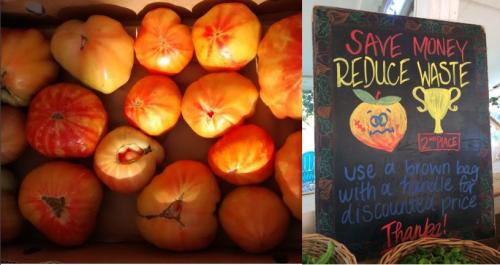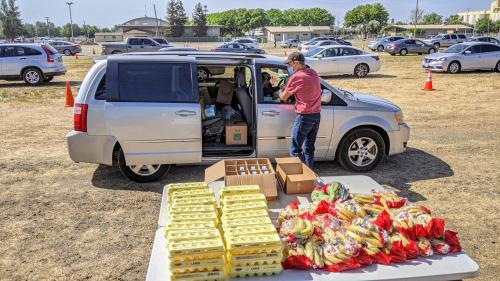
Documenting California Produce Growers’ Approaches to Maximizing Crop Utility
Anne Gillman, David C Campbell, Clare Gupta, Mariah Cosand, Kelsey D Meagher, and Edward S Spang
Food loss and waste is a growing problem in the U.S. with significant social and environmental consequences. Although loss and waste occur at every stage of the food supply chain, previous research indicates that a substantial share of fruits and vegetables produced in North America (20-40%) are lost on farms. Many programs and policies aim to recover on-farm food losses for human consumption, yet growers' voices are often absent from conversations about program design and implementation. Because growers are critical partners for successful food recovery, our study investigates how growers experience and perceive the problem of food loss and the potential for food recovery. We conducted 35 semi-structured interviews with California growers of three important crops: leafy greens, peaches, and tomatoes. Interview topics included growers' perceptions of the primary drivers of food loss, total volumes of losses, prior experiences with food recovery programs, and barriers and opportunities for maximizing crop utility. We analyzed the interviews to identify insights of potential interest for food recovery programs, policymakers, researchers, and growers who might be interested in the experiences of others.
June 2022
Executive Summary (PDF 3.5 MB)
Full Report (PDF 4 MB)

Assessing Opportunities for Agricultural Food Recovery and Conservation of Resources in California
Anne Gillman, Kelsey D Meagher, David C Campbell, and Edward S Spang
Studies indicate that significant quantities of edible food are lost at the farm level. Our research investigates existing and potential opportunities for recovering more of this food for human uses. Building on earlier research that investigated on-farm food loss from the perspective of California produce growers, we conducted 24 semi-structured interviews with individuals working within three recovery-related arenas—non-profit organizations within the emergency food system (referred to as “food banks”), private companies committed to reducing food loss and waste (“food loss companies”), and government institutions. The research is exploratory in nature, and interviews covered the following key topics: economic and market structures that shape recovery dynamics, logistical systems required, building and maintaining relationships with growers, and the opportunities and constraints faced in crafting food loss policies. Interviews were content coded to identify themes, challenges, and opportunities of interest to researchers, policy makers, and practitioners.
June 2022
Executive Summary (PDF 5 MB)
Full Report (PDF 5.1 MB)
- Understanding the Impacts of the COVID-19 Pandemic on California’s Emergency Food System
-

Understanding the Impacts of the COVID-19 Pandemic on California’s Emergency Food System
Kelsey D Meagher, David C Campbell, and Edward S SpangThe COVID-19 pandemic created an unprecedented spike in demand for food assistance as well as numerous logistical challenges for food banks attempting to address the elevated need. Our study interviewed 30 individuals from 24 hunger relief organizations in California to document their challenges, opportunities, and adaptive strategies during the pandemic, in the hopes that their experiences may provide insights for those seeking to understand the state of the emergency food system and identify approaches for building greater resilience.
June 2022
Executive Summary (PDF 5.1 MB)
Full Report (PDF 5.5 MB)
